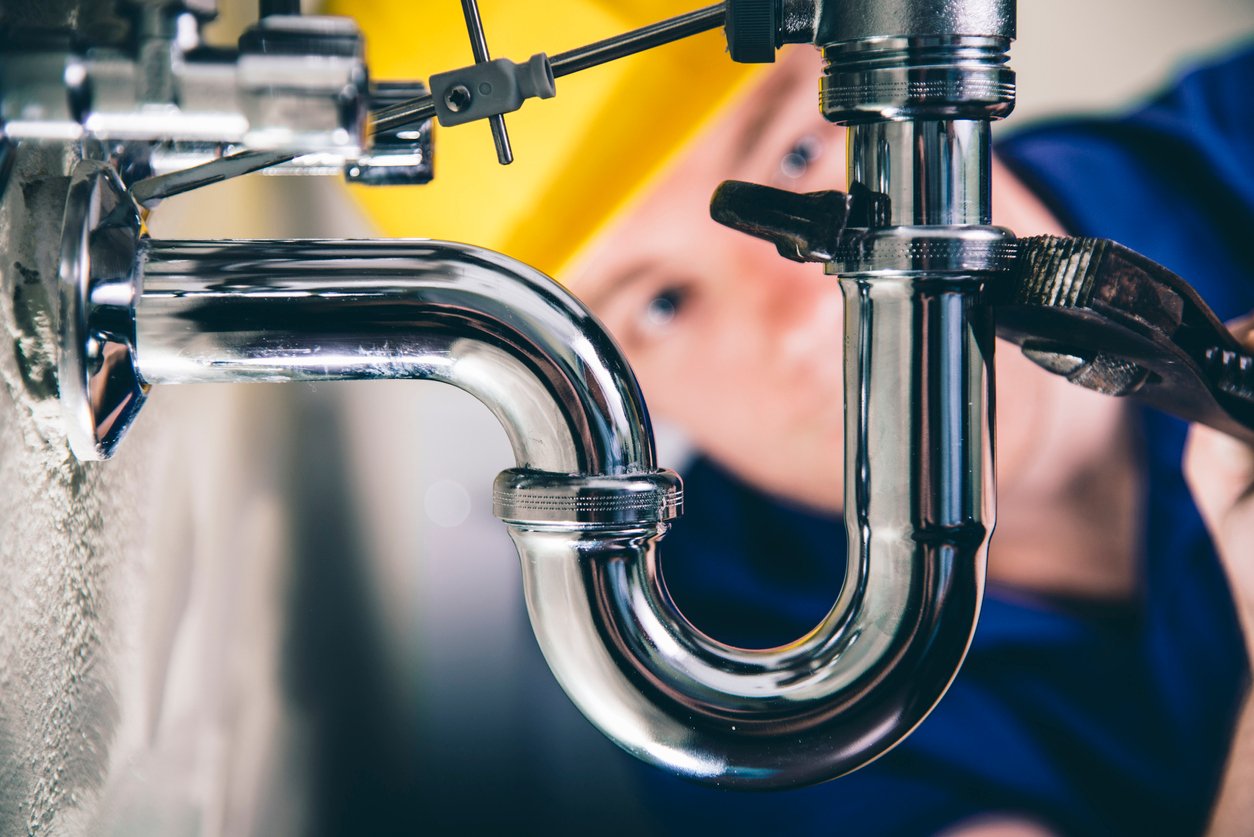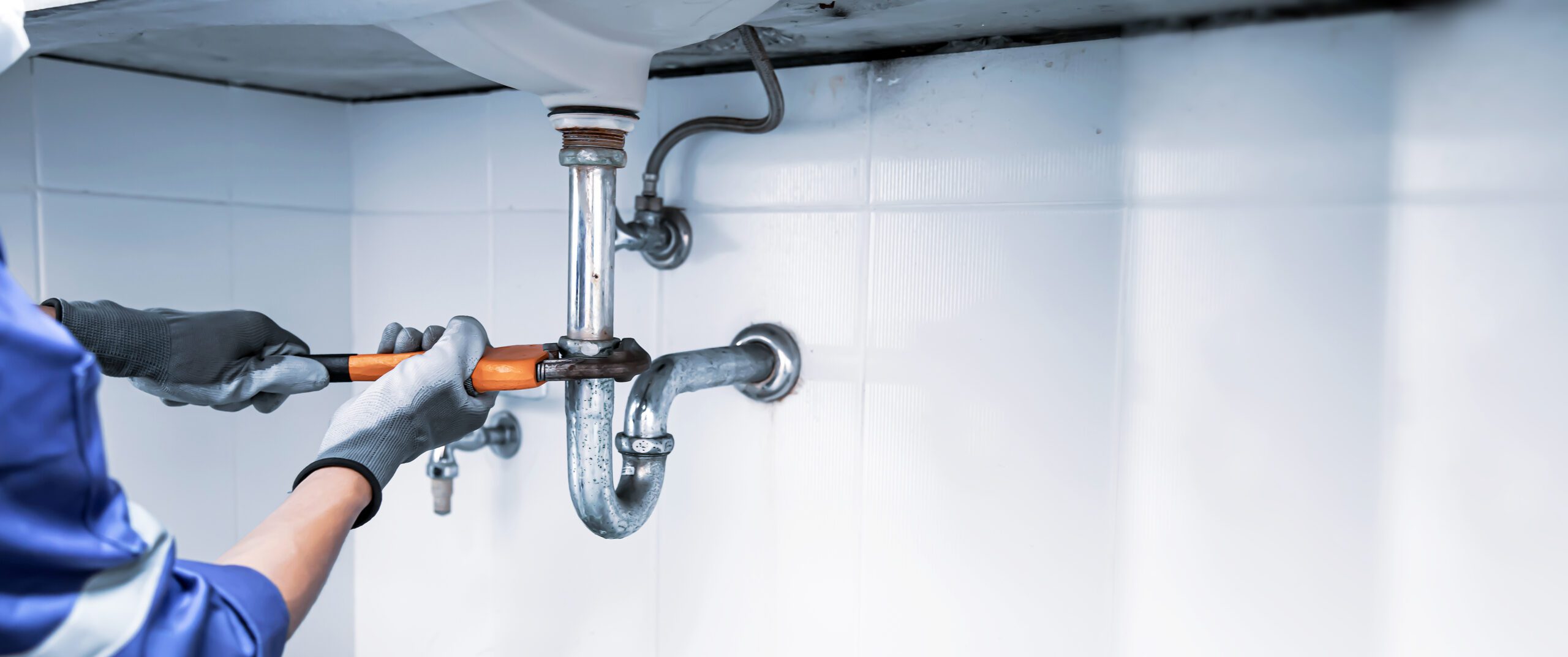In the bustling world of commercial property management, maintaining seamless operations often hinges on one critical yet often overlooked aspect—plumbing. From restaurants to office buildings, efficient plumbing systems are essential for ensuring the comfort of occupants and the smooth functioning of day-to-day activities. This article aims to equip property owners and managers with essential plumbing tips to prevent costly disruptions, extend the lifespan of plumbing systems, and promote a healthier environment for all building users.
By implementing proactive maintenance strategies and being aware of common plumbing challenges, commercial property managers can save time, money, and stress. Whether you are dealing with routine inspections, emergency repairs, or planning for upgrades, our comprehensive guide will provide you with the insights and practical advice needed to keep your plumbing systems in optimal condition. Join us as we explore vital plumbing tips tailored specifically for the unique demands of commercial properties.
Proactive Maintenance Strategies
Regular inspections and maintenance of plumbing systems are vital in preventing costly repairs and minimizing downtime. Property managers should schedule routine checks to identify any signs of wear and tear, such as leaks, clogs, or corrosion. By addressing these issues early, managers can avoid more significant problems that may arise in the future. Additionally, incorporating smart technology for monitoring water usage can help detect abnormalities that signal plumbing issues before they escalate, ensuring a seamless operation of the property. For those seeking more structured guidance, refer to the Essential Plumbing Tips for Commercial Property Owners.

Common Plumbing Challenges
Commercial properties often face unique plumbing challenges, including high water pressure and increased usage due to a larger number of occupants. These factors can lead to pipe bursts, slow drainage, and sewage backups if not properly managed. It is essential for property managers to educate their staff about the importance of proper waste disposal practices and to install adequate drainage systems to handle the facility’s demands. Understanding these common challenges equips property managers with the knowledge to implement effective solutions, safeguard their investments, and enhance the overall experience for tenants and visitors alike.
In conclusion, effective plumbing management in commercial properties is not just about fixing problems as they arise; it requires a proactive approach to maintenance and a thorough understanding of potential challenges. By prioritizing regular inspections and investing in technology that monitors water usage, property managers can stay ahead of plumbing issues before they disrupt operations. Educating staff on best practices for waste disposal and ensuring that drainage systems are adequately designed to handle heavy usage will further protect the integrity of plumbing infrastructure. Ultimately, a well-maintained plumbing system not only enhances tenant satisfaction but also preserves the value of the property, making it a critical aspect of successful commercial property management.



